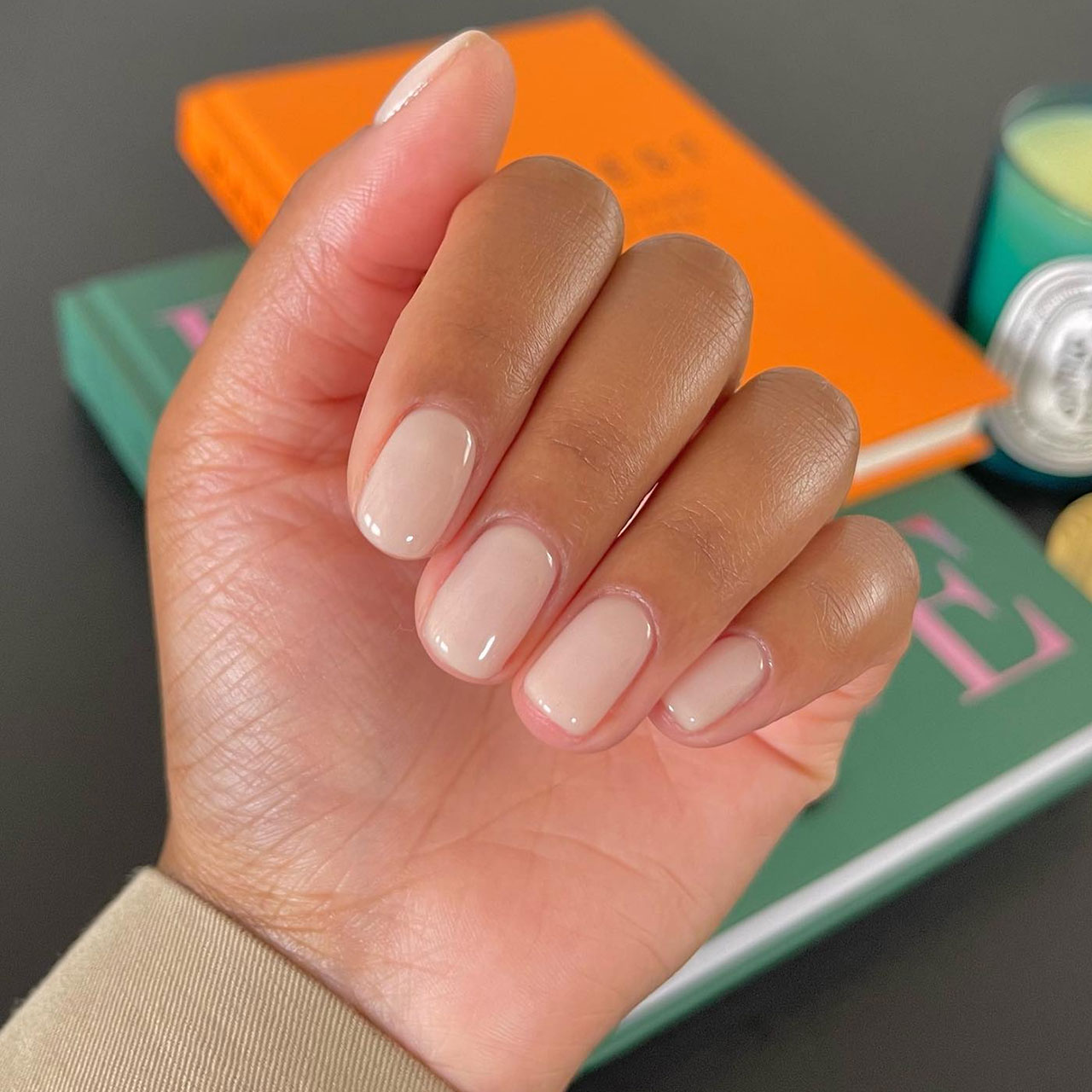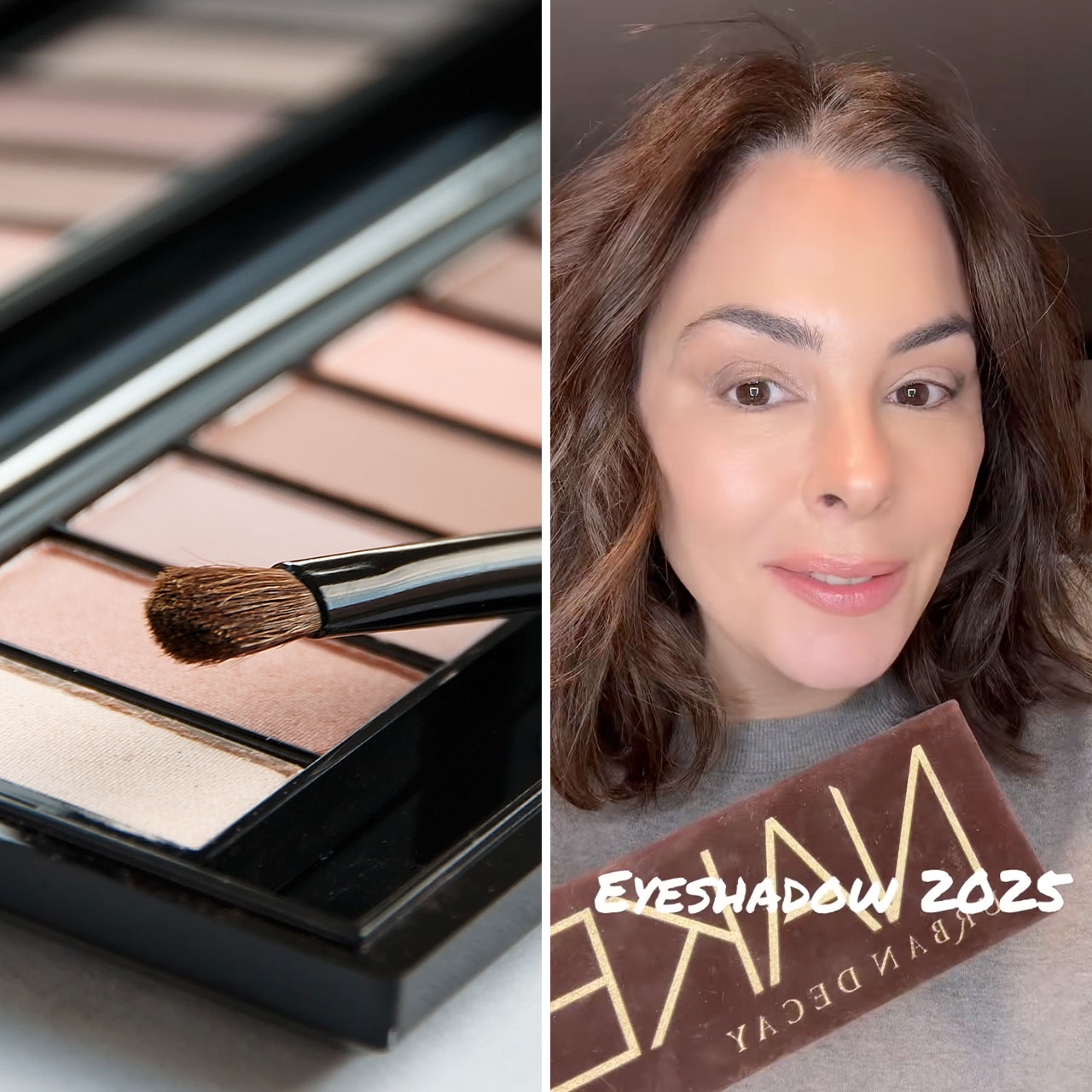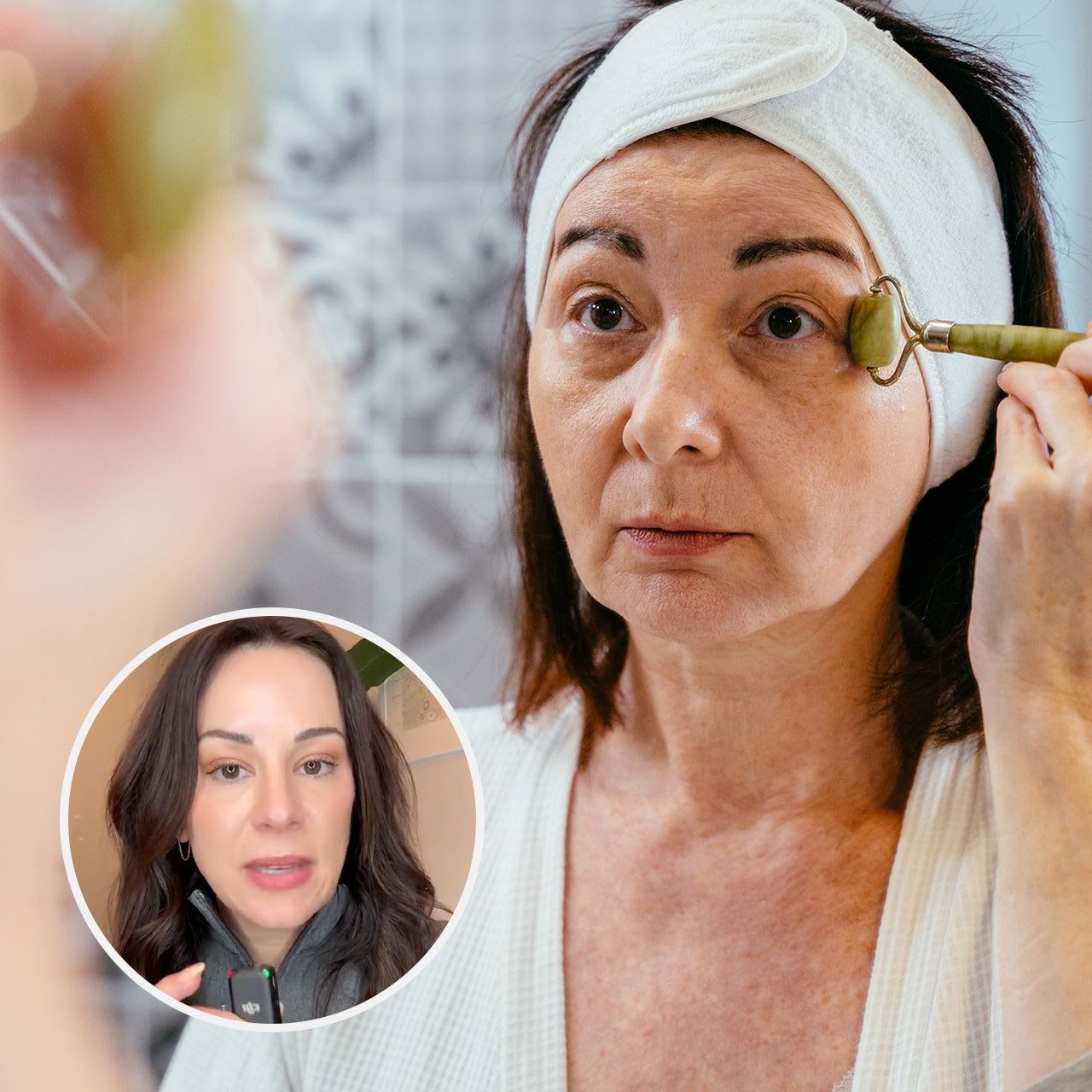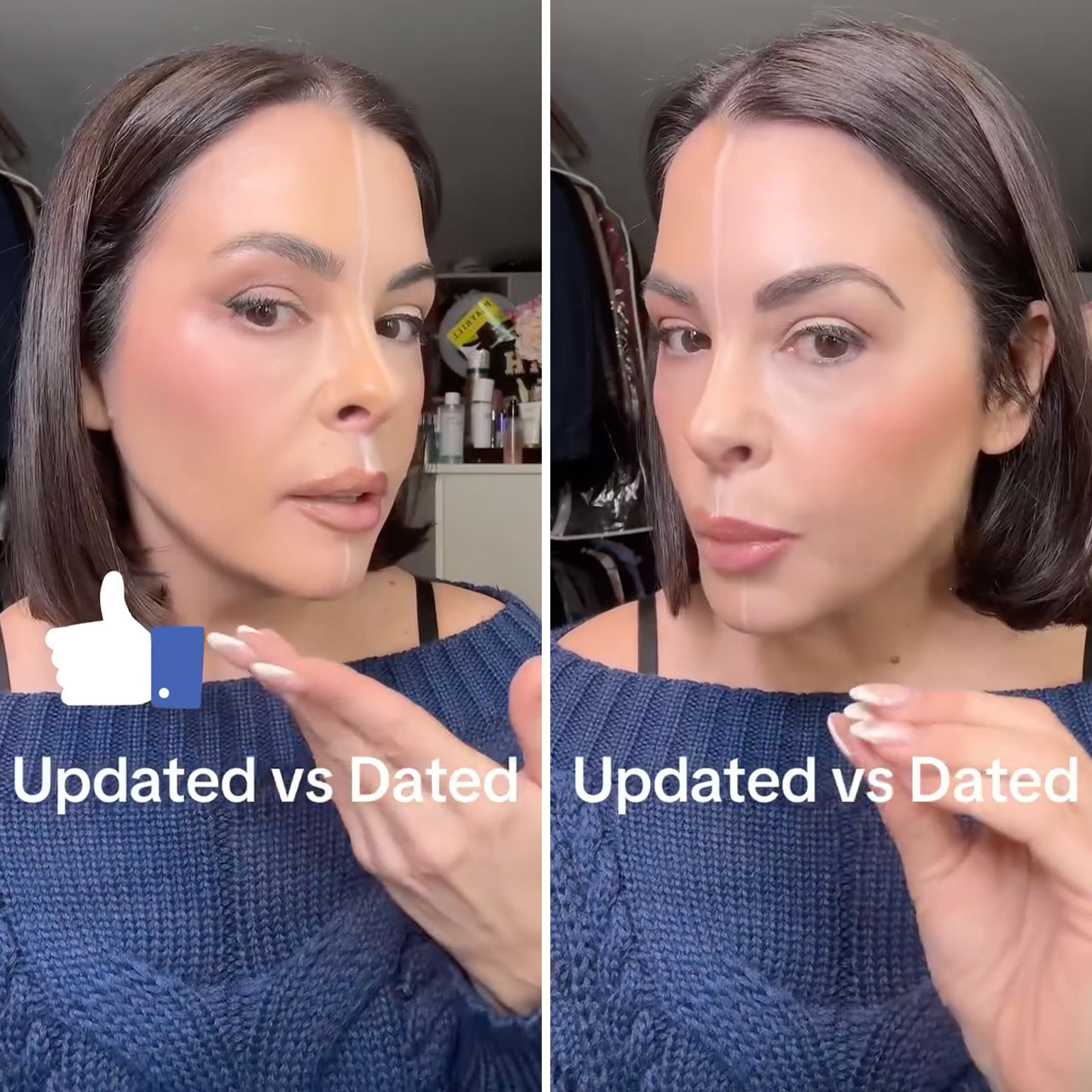A consistent skincare routine is definitely essential if you want a fresh, youthful, and glowing complexion. As time goes by, you always want to make sure that you’re taking care of your skin. Let’s face it: We’re not getting any younger. It helps to stay hydrated, get enough sleep, and invest in effective skincare products and treatments.
However, the sad reality is that sometimes, even a good skincare routine just doesn’t quite cut it. Every once in a while, you still get acne and dark spots. Don’t worry—your concerns are absolutely valid. So with that mind, you may want to consider making that extra step towards glowing skin by taking supplements. To find out the best type you can have every morning, we asked supplement expert Jordan Dorn, holistic nutritionist and co-founder of Zuma Nutrition. Keep reading for more.


Vitamin C
According to Dorn, "Vitamin C is responsible for many reactions in the body, specifically the manufacture of the collagen and protein that makes up 80 percent of our connective tissue." He adds, "The body requires 1000 mg of Vitamin C in order to manufacture collagen." In case you didn't know, collagen is a protein that's present in your hair, skin, nails, and more. It strengthen your bones and provides structure to different parts of your body. For collagen to successfully achieve these functions, it needs a great amount of vitamin C.
Additionally, the Harvard School of Public Health reports that "vitamin C is an antioxidant, meaning it fights harmful free radicals (toxins) that come in contact with your skin from external sources like air pollution, or from inside the body as a result of normal processes like your metabolism." When you take vitamin C, you're also boosting immune system.
On top of that, dermatologists Neera Nathan, MD, MSHS and Payal Patel, MD mentioned in an article, "Vitamin C can reduce the appearance of dark spots by blocking the production of pigment in our skin." It can make your skin appear smoother, therefore giving it that younger-looking radiance.
Obviously, you can always go the natural route of consuming vitamin C through fruits and vegetables. But if you ever want to switch it up a bit, stock up on supplements!


























